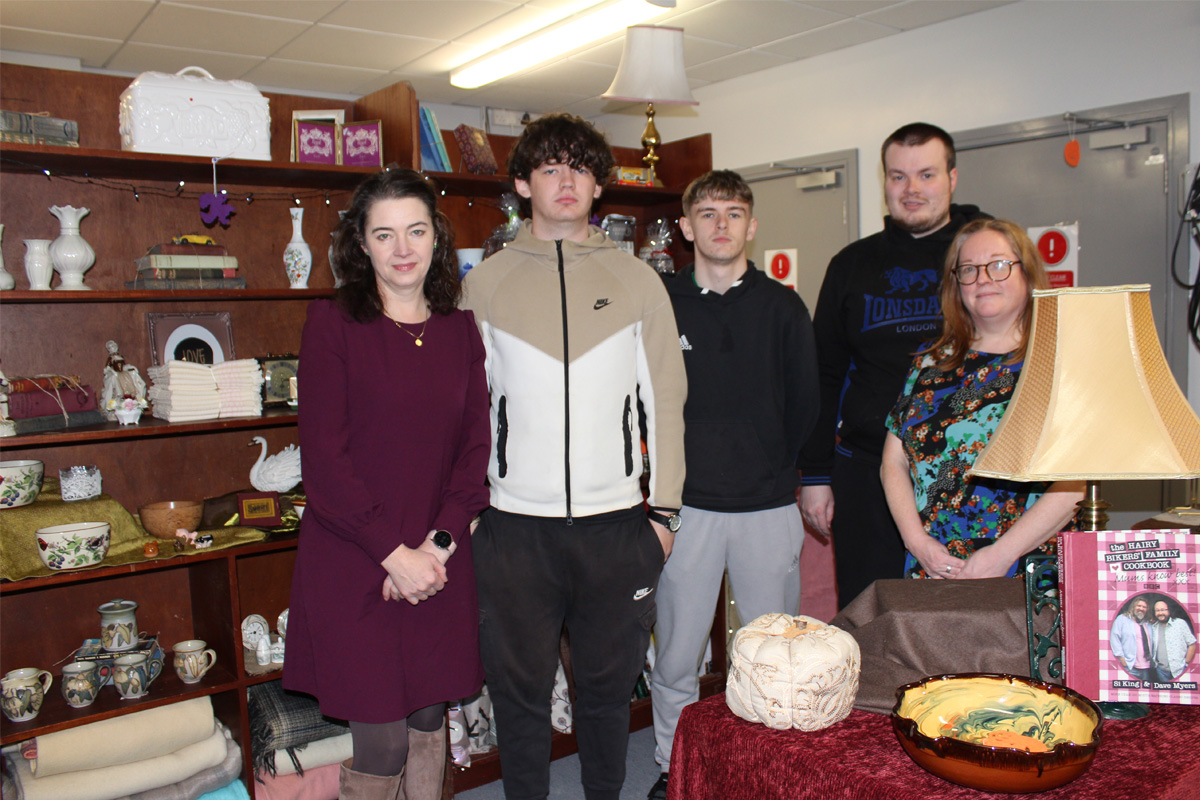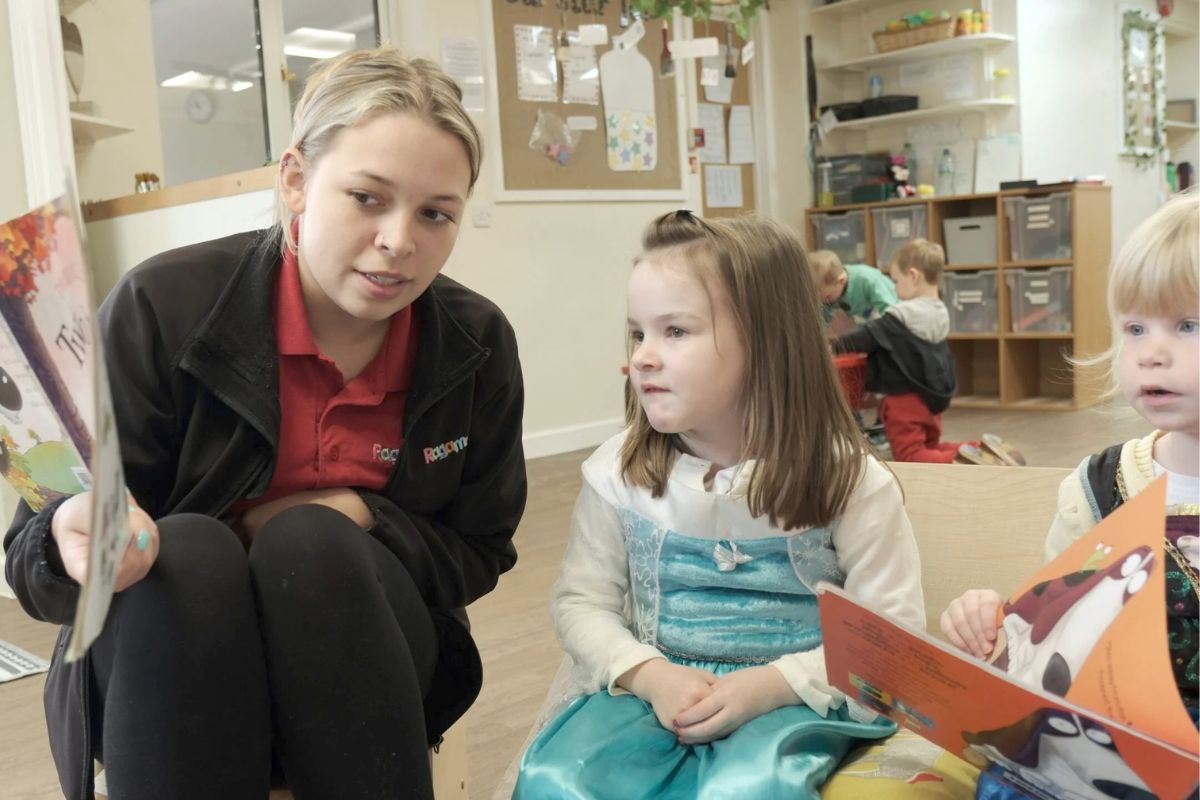Ada Lovelace inspires technical girls at UTC
Ada Lovelace, the first computer programmer, inspires a new generation of technical girls at University Technical Colleges
Young women at University Technical Colleges (UTCs) are celebrating Ada Lovelace Day today to mark the continual importance to inspire women to pursue careers in science, technology, engineering and mathematics (STEM).
More than 200 years since Ada Lovelace was born, women still make up only 21% of the core STEM workforce. However, it is predicted that in engineering alone the UK will need 157,830 people qualified at Level 3 (equivalent to A Level), or above, per year until 2024.
UTCs, set up to address this skills gap, are a new breed of technical school for 14-19-year olds specialising in subjects like computer science, cyber security and engineering. They include some pioneering young women students who are setting their sights on becoming the next Ada Lovelaces, despite being in a minority in the classroom.
Examples of students at UTCs
Abi Hirons (16) wants to work in F1 and she came a little closer to achieving her dream last month when her team won ‘fastest car’ at the F1 in Schools World Finals in Malaysia.
Prianna Jhita (17), from Leamington is taking steps to ensure she can launch a career in aerospace engineering. Along with eight fellow students, she runs Edge of Space, a project to launch helium balloons and rockets into space to take photographs of Earth. The group use the pictures to assess the effects of the diminishing greenbelt, traffic pollution and global warming.
Kearney Sullivan (17) has her sights set on becoming a quantity surveyor or civil engineer. She plans to start an apprenticeship when she finishes her studies.
Daisy Gundry is studying engineering, chemistry, physics and core maths. She wants to go into the pharmaceutical industry.
Akwande Khonjelwayo (17) is studying maths, engineering design and chemistry so that she can become a chemical engineer
Charles Parker, CEO of the Baker Dearing Educational Trust says,
“At UTCs we see girls really enjoying leading, inventing and developing technical projects which involve the latest skills in areas like computing, robotics and engineering. There are not nearly enough women in STEM, which is why Ada Lovelace’s story is still relevant today. At UTCs the number of girls is still less than boys. We are committed to encouraging more girls to shine in STEM and urge them to visit a UTC open day to find out more.”
Founder of Ada Lovelace Day, Suw Charman-Anderson adds,
“Ada Lovelace was one of the earliest women in technology. She was a visionary from the Victorian era who had the creative insight to go beyond the mechanics of the Analytical Engine to see that it was not just a machine for calculating numbers, but would be capable of creating graphics and music. Lovelace’s insight was born of her interest in both the arts and technology. She was not just the first computer programmer, she was a fantastic role model who was ahead of her time. I’m delighted UTCs are recognising Ada Lovelace and keeping her story alive.”
“The mission of UTCs is an important one: To equip their 14-19 year old students with a strong hands-on technical education that prepares them for a fulfilling and exciting career in STEM. We have not just a STEM skills shortage here in the UK, but also a shortage of technicians, so the UTC are a much needed addition to our educational landscape, providing a broader set of options for students interested in STEM.”
About University Technical Colleges: The UK needs more advanced technical skills at all levels. We need a workforce that can develop new products, stretch and reuse existing resources and fulfil the needs of 21st century industry. The Royal Academy of Engineering estimates that by 2020 we will need to find more than a million more scientists, engineers and technicians.
UTCs are non-selective technical secondary schools for 14-19 year olds and there are 49 across the country.
UTCs offer a broad curriculum that combines an academic education with technical and practical learning. Each UTC uses the latest equipment and technology to provide a learning environment that reflects the workplace.
UTCs are set up where employers and the local university identify that there are pronounced skills gaps. UTCs teach one or more technical specialisms that meet the skills shortages in the region. These include: engineering; manufacturing; computer science; health sciences; product design; digital technologies; and the built environment.
The local university and employers that back the UTC control the Board of Governors.
More than 500 employers support UTCs including Rolls-Royce, Siemens, Network Rail, Jaguar Land Rover and Microsoft, as well as scores of small and medium sized businesses. Together with nearly 50 universities they contribute their knowledge as well as offering opportunities to experience the world of work.
Last year (2016) the vast majority of students leaving UTCs at 18 stayed in education, started an apprenticeship or started a job. Destinations included 44% who went to university and 29% who started apprenticeships. Only 5 students were NEET.











Responses